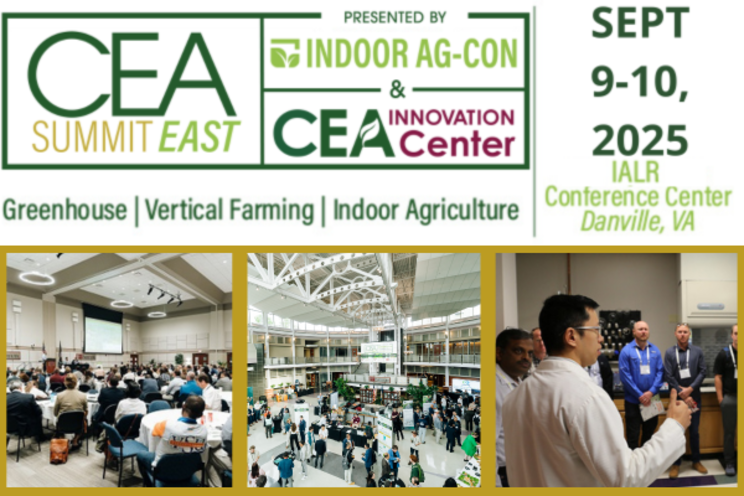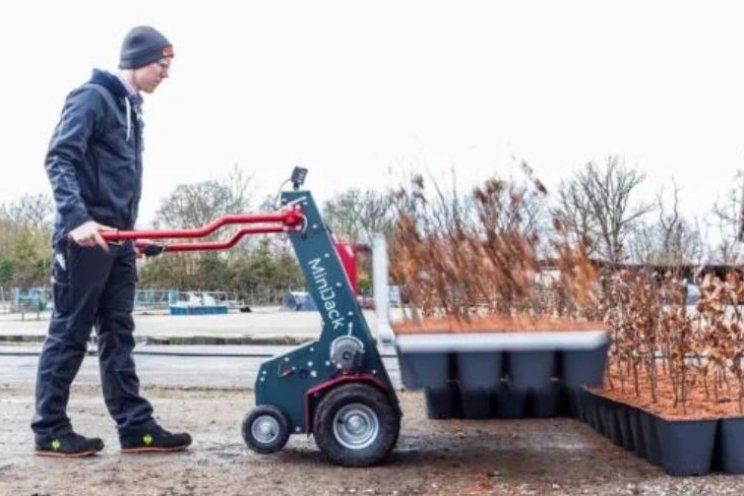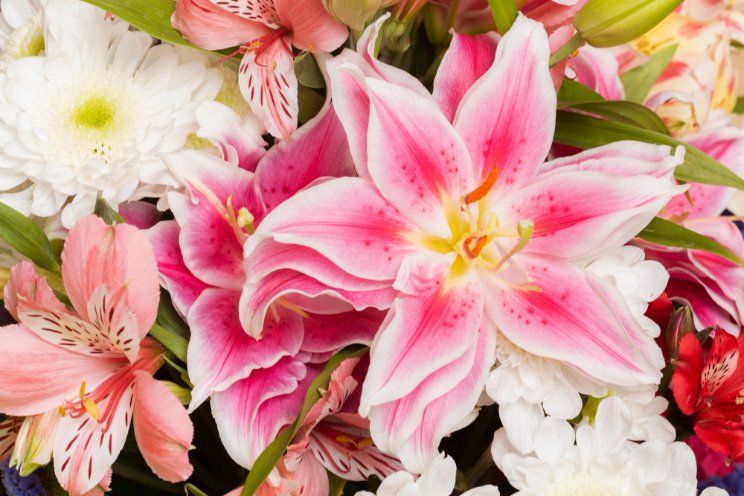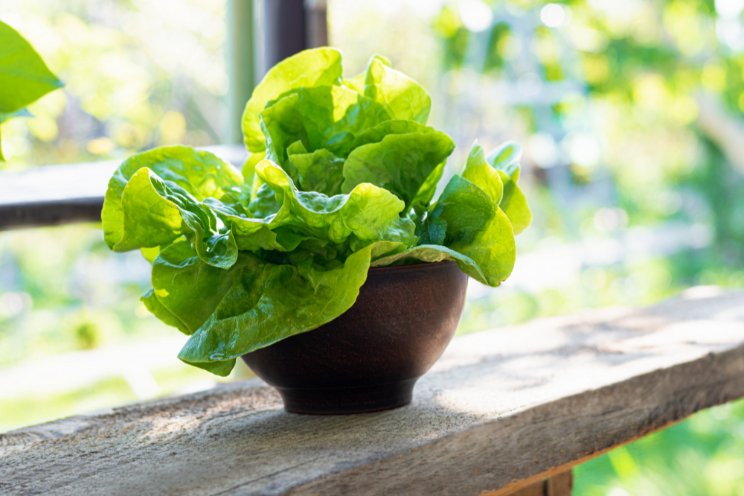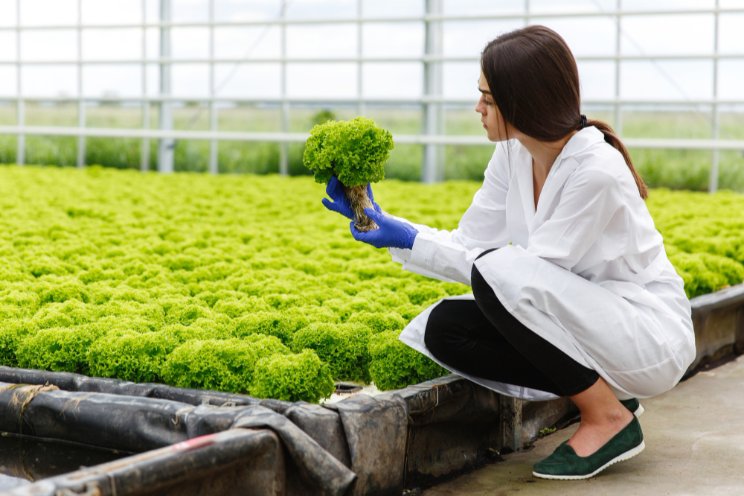Future Crops CEO makes the case for soil-based vertical ag
Added on 27 April 2022

Second, it's backed by Chinese internet behemoth Tencent - not generally known as an agtech investor.
What's more: The initial concept behind Future Crops came from the need to reconcile Jewish dietary practices with more sustainable methods of food production.
Today, it operates an 8,000 square meter indoor vertical farm just outside The Hague, primarily run on solar power and currently focused on producing high-value herbs and microgreens.
AFN recently interviewed co-founder and CEO Gary Grinspan (GG) about the company's kosher roots, its journey from the Middle East to Northern Europe, and why he thinks there's still very much a place for soil in indoor farming.
AFN: How did you and your co-founders initially come up with the idea for Future Crops and why did you decide to launch the company?
GG: The original idea started in Israel because of kosher limitations. Fresh produce would be considered to be kosher if you couldn't find, at a microscopic level, any bugs and insects.
With the pressure to reduce the use of pesticide, this becomes a very challenging task. A few years ago, we started to look at ways to grow crops in the most clean way, totally free of pesticides. This would also fit very much the increasing trend for healthier lifestyles as people deserve to know what they eat, and with fresh produce you never really knew how much pesticide was on the product.
We started to develop the technology in Israel with the partnership of the Vulcani Institute (ARO), one of the most prestigious research centers for agriculture, and after three years of research we decided to build our first, large-scale and mass-production vertical farm in the Netherlands.
AFN: Who does Future Crops consider to be its closest competitors - and how does it differentiate itself from them?
GG: We have competition from two angles.
First it is with conventional agriculture, mainly glasshouses, focusing on local or imported products. Usually with this kind of agriculture, vertical farming offers a superior product in almost all aspects, but prices are more expensive. The more we develop our technology, the more we are able to reduce prices to align with market prices.
Chinese tech giant Tencent leads funding for Future Crops' soil-based vertical farms - read more here
The second angle would be all other companies that develop vertical farming technology. With that perspective, only a few succeed to prove mass-scale production capabilities. This is important as plants in small-scale R&D units behave very differently in comparison to mass production units. Future Crops is one of the few that has a proven mass-scale production unit. What makes our technology very different is the fact it is soil-based, which allows us in many cases to have better quality, taste, and flavor profile, as well as increased shelf life - but also many other benefits related to the business's viability.
Photo: Gary Grinspan, co-founder and CEO, Future Crops. Image credit: Future Crops
Source: Ag Funder News
More news


